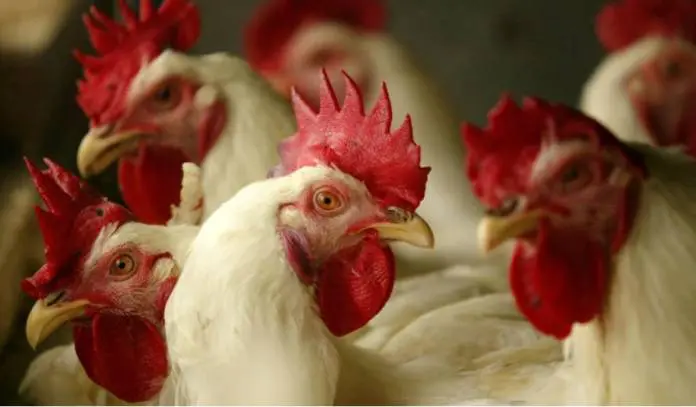
Poultry experts are placing the government on high alerts as a terrible strain of bird flu hits the United States. The current flu is spreading fast across the country when poultry production is at a low capacity due to labor shortages, leading to inflation in chicken and turkey meat prices.
The current avian flu hit Indiana, forcing buyer countries such as Mexico, China, and South Korea to pause poultry purchases from the state. Indiana has big commercial poultry farms and exports poultry products to other countries around the world; with the current ban on imports, the state economy will be hard hit and millions of affected turkeys and chicken may be culled.
Indiana is a migratory bird pathway, meaning migratory birds such as wild ducks fly through the state to other areas of the country or world on a seasonal basis all year round. This may have caused infected birds to mix with those flying through Mississippi and Alabama as well as Texas and Nebraska to infect major poultry states with the highly lethal H5N1 virus strain, which can also infect humans.
Countries in Africa, Europe, and Asia have been affected by the recent avian flu crisis, and the US government is particularly worried since the United States is the largest producer and second-largest exporter of poultry meat. In 2015, about 50 million turkeys and chickens laying eggs in the Midwest were killed when the bird flu hit, and top bird experts said they do not want that to happen again.
“Everyone is just sitting on edge because we know what can happen, and we don’t want a repeat of that,” said Denise Heard, vice president of research for the US Poultry and Egg Association, an industry group.
Perdue, a major poultry company, said human visits to their farms are currently suspended to curtail the spread of the avian flu. Tyson Foods also said the numbers of visits to farms have been reduced, and biosecurity protocols are heightened at its East Coast facilities. The company added that more time is spent to clean vehicles now that the virus is spreading fast.
In some other poultry farms, visitors are required to disinfect their feet and change their footwear and clothes before they enter the poultry barns. This is to reduce the likelihood of introducing contaminants that can affect the health of the birds. Carol Cardona, an avian health professor at the University of Minnesota, said this is a necessary safety measure since “we recognize that the virus could be right outside the door.”
Since October 2021, more than 700 bird flu outbreaks have been recorded in Europe and millions of birds culled in more than 20 countries. Outbreaks have been reported in the UK, France, Hungary, Italy, and Poland among others.











